
The House of Orsini is an Italian noble family that was one of the most influential princely families in medieval Italy and Renaissance Rome. Members of the Orsini family include five popes: Stephen II (752–757), Paul I (757–767), Celestine III (1191–1198), Nicholas III (1277–1280), and Benedict XIII (1724–1730). The family also included 34 cardinals, numerous condottieri, and other significant political and religious figures.

Pope Urban VIII, born Maffeo Vincenzo Barberini, was head of the Catholic Church and ruler of the Papal States from 6 August 1623 to his death, in July 1644. As pope, he expanded the papal territory by force of arms and advantageous politicking, and was also a prominent patron of the arts and a reformer of Church missions.

Viterbo is a city and comune (municipality) in the Lazio region of Italy, the capital of the province of Viterbo.
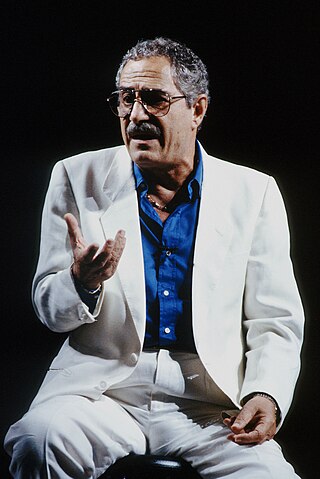
Saturnino "Nino" Manfredi was an Italian actor, voice actor, director, screenwriter, playwright, comedian, singer, author, radio personality and television presenter.
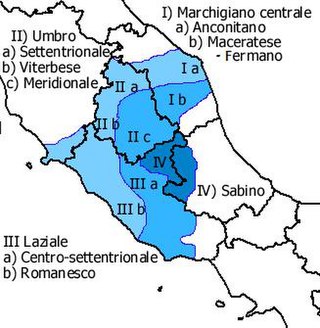
]
Jus exclusivae was the right claimed by several Catholic monarchs of Europe to veto a candidate for the papacy. Although never formally recognized by the Catholic Church, the monarchs of France, Spain and Austria claimed this right at various times, making known to a papal conclave, through a crown-cardinal, that the monarch deemed a particular candidate for the papacy objectionable.

Luigi Magni was an Italian screenwriter and film director.

Goodnight, Ladies and Gentlemen is a 1976 French-Italian satirical comedy anthology film. It comprises twelve episodes on themes of corruption in various Italian institutions, each by a different writer and director collectively credited as "Cooperativa 15 Maggio". The episodes are a satire of a typical programming day of an Italian public broadcaster, with a fictional TG3 journalist interviewing a number of the other characters. The film stars Vittorio Gassman, Ugo Tognazzi, Nino Manfredi, Paolo Villaggio, Marcello Mastroianni, Senta Berger, Adolfo Celi, and Felice Andreasi.

Pontifical Roman Athenaeum S. Apollinare is a former pontifical university in Rome, named after St. Apollinaris of Ravenna. Its facilities are now occupied by the Pontifical University of the Holy Cross.
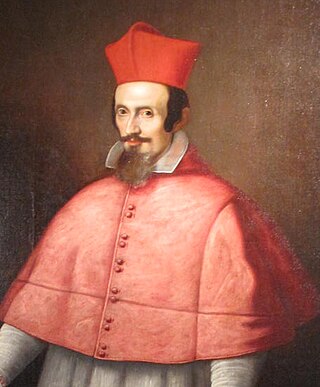
Cesare Monti was an Italian Cardinal who served as Latin Patriarch of Antioch and Archbishop of Milan.
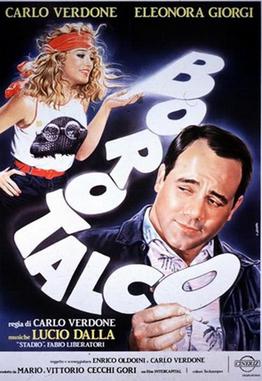
Talcum Powder is a 1982 Italian comedy film written, starring and directed by Carlo Verdone.
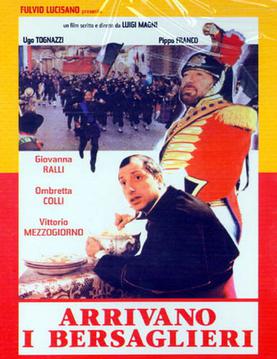
Arrivano i bersaglieri is a 1980 Italian historical-comedy film written and directed by Luigi Magni. The film is set during the days of the capture of Rome (1870), an event that marked the Italian unification and the end of the Papal States and of the temporal power of the Popes.

In the Name of the Sovereign People is a 1990 Italian historical comedy drama film written and directed by Luigi Magni. It won the David di Donatello for best costumes.
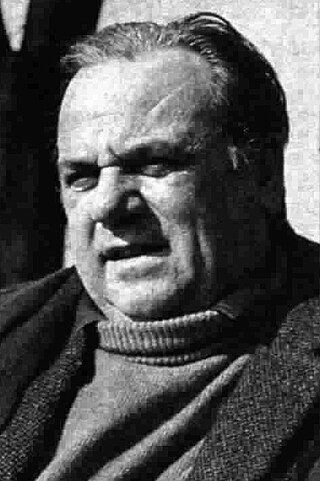
Carlo Bagno was an Italian actor.

Tifosi is a 1999 Italian sports comedy film directed by Neri Parenti.

Palazzo Serristori is a Renaissance building in Rome, important for historical and architectural reasons. The palace is one of the few Renaissance buildings of the rione Borgo to have outlived the destruction of the central part of the neighborhood due to the building of Via della Conciliazione, the grand avenue leading to St. Peter's Basilica.
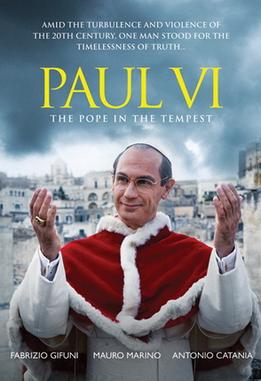
Paul VI: The Pope in the Tempest is a 2008 Italian television movie directed by Fabrizio Costa. The film is based on real life events of Roman Catholic Pope Paul VI.
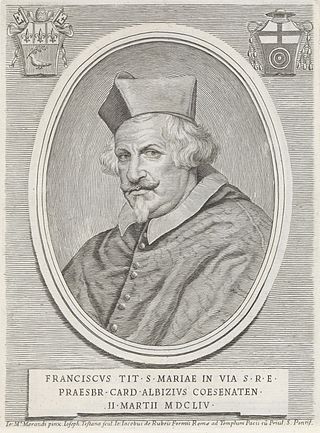
Francesco Albizzi was an Italian cardinal. As a member of the Roman Inquisition, he worked to increase the standards of jurisprudence in Rome, and establish "rigorous standards of evidence and proof", particularly in regards to alleged cases of witchcraft.
Carlo is an Italian and Spanish masculine given name and a surname. As an Italian name it is a form of Charles. As a Spanish name it is a short form of Carlos. Notable people with this name include the following:

















